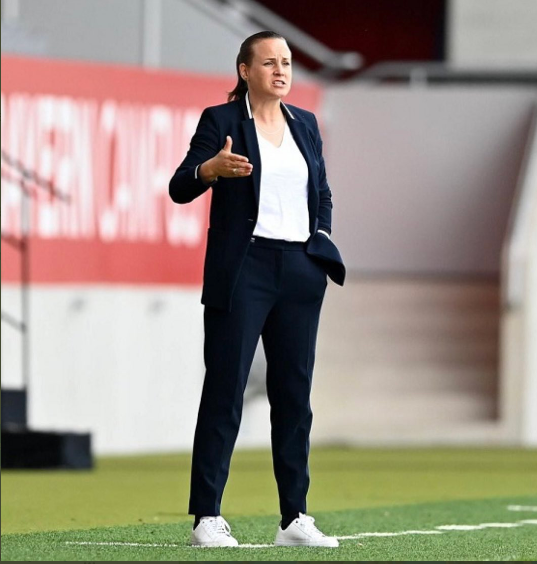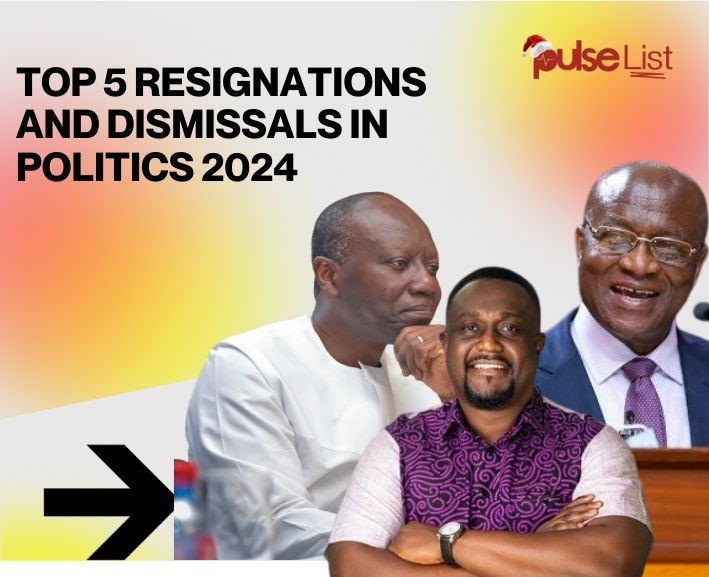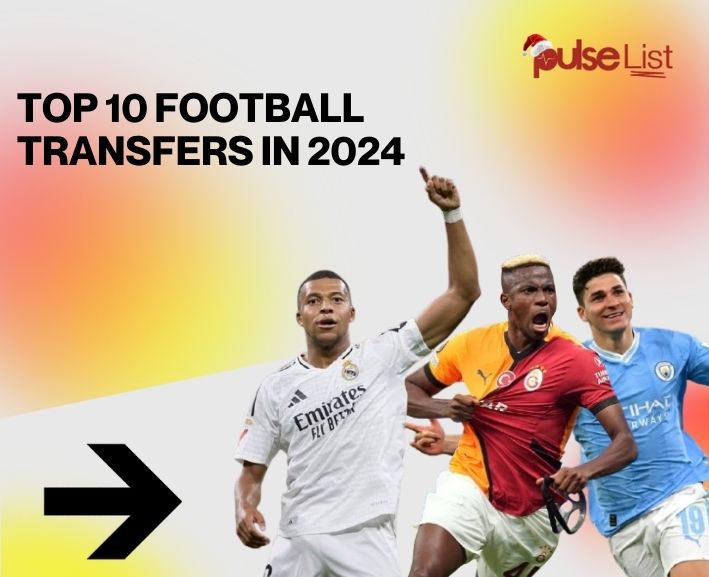
The lopsided manner at which vaccines of the novel Coronavirus are being administered in the world by manufacturers may direct African leaders to sit up and realise that their destiny is in their own hands, and not that of the West or world superpowers.
Manufacturers of vaccines have thrown humane virtues to the dogs and embraced mercenary tactics, as they prioritise the sale of vaccines to advanced economies, leaving paltry vaccines to the lower and middle income states.
This unfolding debacle has compelled the Director General of World Health Organisation (WHO), Dr. Tedros Adhanom Ghebreyesus, to express grave concern about the inequal manner at which the vaccines were being made available to poor nations, describing the development as a ‘catastrophic failure’.
According to him, vaccine equity is not just a moral imperative; it is a strategic and economic imperative, adding that these actions will only prolong the pandemic, the restrictions needed to contain it, and human and economic suffering.
Adhanom Ghebreyesus bemoaned: “I need to be blunt; the world is on the brink of a catastrophic moral failure, and the price of this failure will be paid with lives and livelihoods in the world’s poorest countries.”
According to WHO, 50 vaccines are at various stages of trials, but the few ones which have been approved are Moderna, Astrazenca and BioNTech-Pfizer.
He further stated that the situation was compounded by the fact that most manufacturers have prioritised regulatory approval in rich countries where the profits are highest, rather than submitting full dossiers to WHO, an aberration, he explained, could delay COVAX deliveries and create exactly the scenario COVAX was designed to avoid, with hoarding, a chaotic market, uncoordinated response, and continued social and economic disruption.
On updates on how the lopsided Covid-19 vaccines were being administered across the world, Ghebreyesus revealed: “More than 39 million doses of vaccine have now been administered in, at least, 49 higher-income countries. Just 25 doses have been given in one lowest-income country. Not 25 million; not 25 thousand; just 25.”
He made these disclosures when he addressed the Executive Board 148 of WHO (EB148), which was shared on the official Twitter handle of the Health Organisation, Dr. Tedros Adhanom Ghebreyesus stated: “Not only does this me-first approach leave the world’s poorest and most vulnerable people at risk, it’s also self-defeating.”
According to the worried WHO Chief, even as they speak the language of equitable access, some countries and companies continue to prioritise bilateral deals, going around COVAX, driving up prices, and attempting to jump to the front of the queue.
This development, he described as “wrong”, adding that 44 bilateral deals were signed last year, and, at least, 12 had already been signed this year.
He told the executive meeting that a recent study estimated that the economic benefits of equitable vaccine allocation for 10 high-income countries would be, at least, US$153 billion in 2021, rising to US$466 billion by 2025. “That’s more than 12 times the total cost of the ACT Accelerator.”
Nevertheless, Dr. Tedros Adhanom Ghebreyesus rallied the world that it’s not too late.
Riding on the theme for World Health Day this year, which is ‘Health Inequality,’ he challenged all member states is to ensure that by the time World Health Day arrives on April 7, COVID-19 vaccines should be administered in every country, as a symbol of hope for overcoming both the pandemic and the inequalities that lie at the root of so many global health challenges.
He said: “I call on all countries to work together in solidarity to ensure that within the first 100 days of this year, vaccination of health workers and older people is underway in all countries. It’s in the best interest of each and every nation on Earth. Together we must change the rules of the game, in three ways.”
Proffering solutions to vaccine inequality, he called on countries with bilateral contracts and control of supply to be transparent on these contracts with COVAX, including on volumes, pricing, and delivery dates.
Adhanom noted: “We call on these countries to give much greater priority to COVAX’s place in the queue, and to share their own doses with COVAX, especially once they have vaccinated their own health workers and older populations, so that other countries can do the same.
The WHO authority also called on vaccine producers to provide the Organisation with full data for regulatory reviews in real-time to accelerate approvals. “We also call on producers to allow countries with bilateral contracts to share doses with COVAX, and to prioritise supplying COVAX rather than new bilateral deals.”
“We call on all countries introducing vaccines to only use vaccines that meet rigorous international standards for safety, efficacy, and quality, and to accelerate readiness for deployment,” he told the executive meeting.
The post World on the brink of catastrophic failure appeared first on The Chronicle Online.
Read Full Story















Facebook
Twitter
Pinterest
Instagram
Google+
YouTube
LinkedIn
RSS